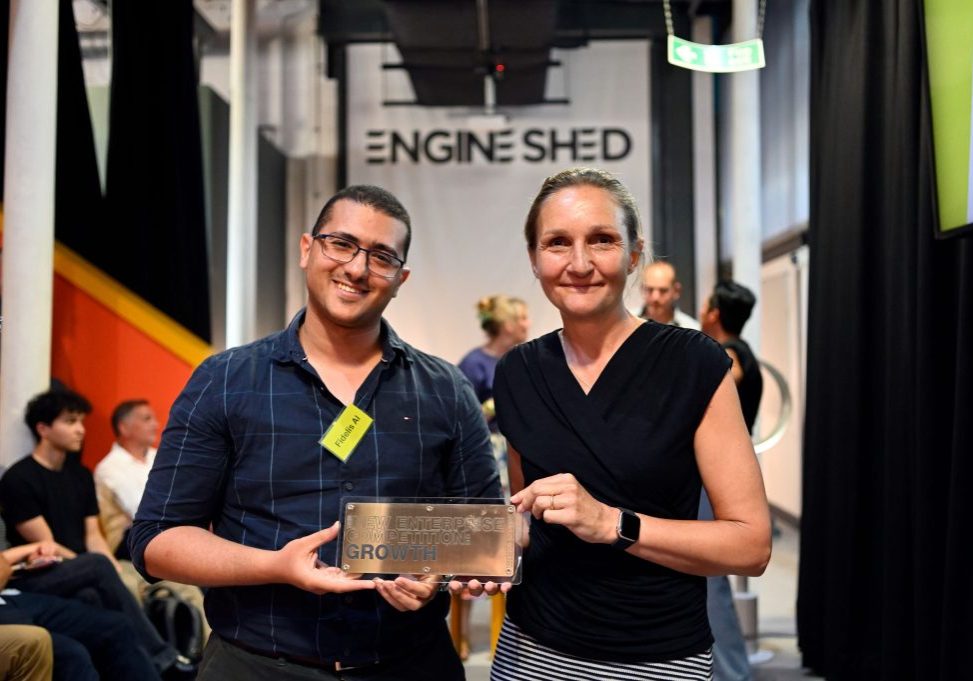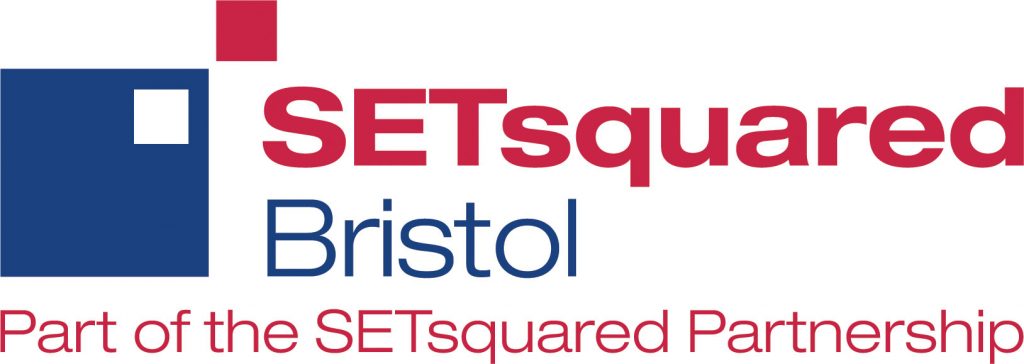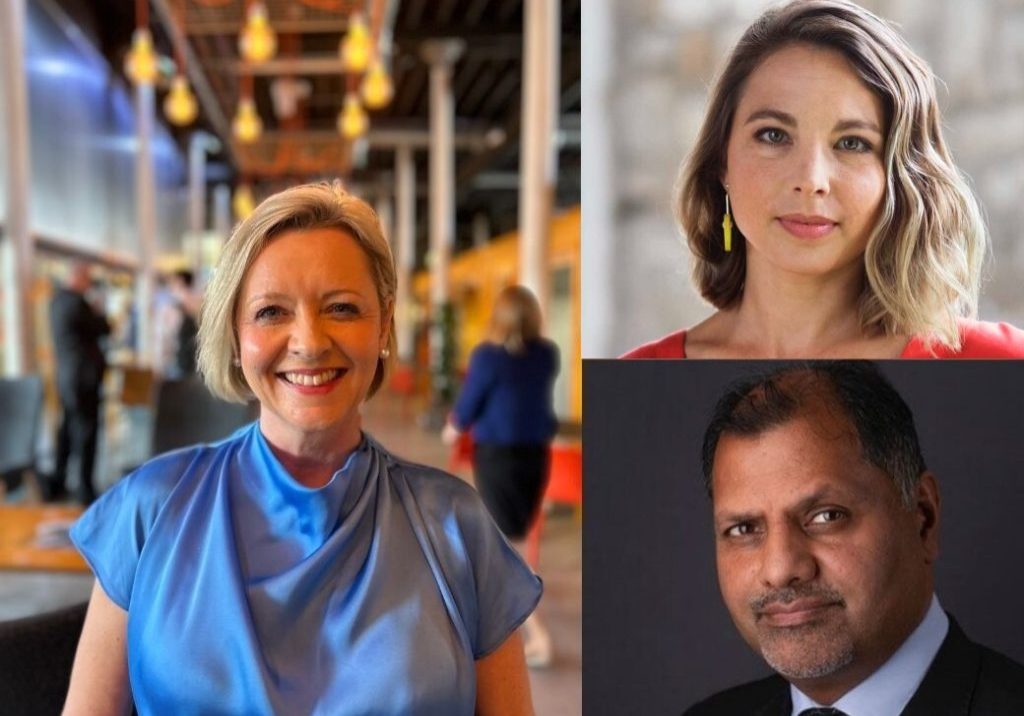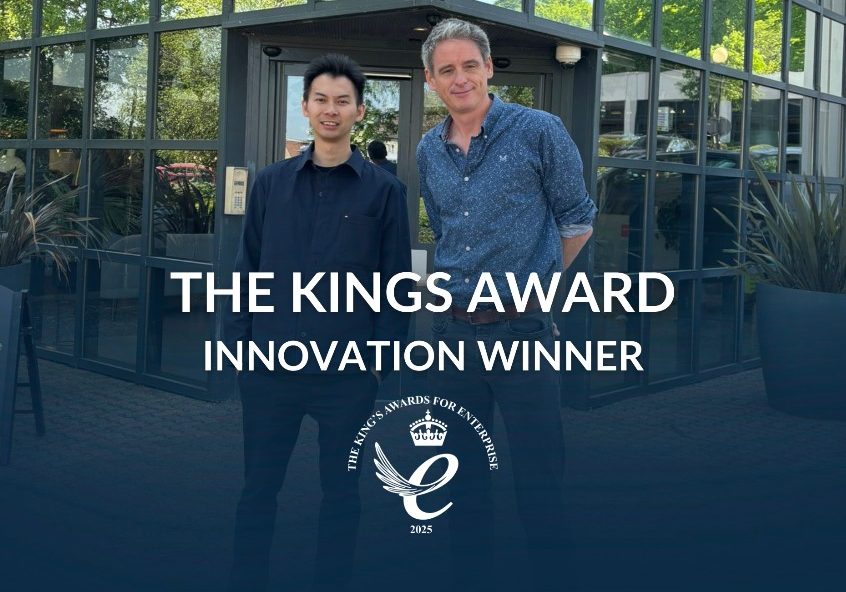Ethical Equity: A funding revolution for fair access to capital
Posted by
SETsquared Bristol
We had a chat with Ethical Equity and AI Simulator Founder, Ali Kazmi, to hear his story…
Ethical Equity key facts
- Start date: 13 Aug 2019
- Market sector: Fintech
- Location: Bristol
- Number of employees: 5 core members
- Company growth status: Growth
In your own words what does Ethical Equity do?
Ethical Equity’s raison d’être is to improve the outcomes for impact businesses (e.g. B Corps) and those from underserved founder communities that suffer from the structural barriers when attempting to raise capital or accessing services that will enable them to scale and grow.
For our focus on the underserved communities, we have often quoted the Extend Ventures research that found that, of the total venture capital funds that were available from 2009 to 2019:
- Only 11% went to female founders
- Only 1.7% went to ethnic minorities
- of the 1.7% that went to ethnic minority founders, only 0.24% went to black founders
- of that 0.24% that went to black founders, only 0.02% went to black female founders
These are the disparities in outcomes that we want to address for these minoritized communities, using our ethically compliant investment platform, with our Investor Readiness Marketplace. This will enable startups and scaleups to access vital services that will enable them to be investor ready, and then provide access to impact investors in order to raise capital to enable them to scale and grow.
How did you start this journey?
I am a tax specialist and have been around startups and angel investors for the last ten years or so. For me it has now become very clear what the problem is. I can comfortably (and sadly) say that I have never advised a founder that looked like me, sounded like me, or even had the same name as me. Nor in my professional career have I advised an underserved angel investor.
It is very clear that the world of venture capital, private equity and angel investing is closed to underserved communities. Data now supports this, which may surprise a lot of people within the industry. However, underserved founders, employees and bystanders have always known this, and often have accepted being second class.
This is why I founded Ethical Equity to lower the barriers of entry for all underserved entrepreneur communities that continue to struggle in the private markets.
How has SETsquared Bristol support and the Breakthrough Bursary helped?
Winning the SETsquared Breakthrough Bursary enabled us to gain valuable insights through its networks, events and peers at the very early stages of our business. This enabled us to shape our product and offering based on the market’s actual needs, giving us a solid foundation from the outset.
We were then able to go on and win some major startup tech competitions such as the SuperTech WM Seeds.
We are now in a perfect position to scale the business.
As a founder SETsquared Bristol’s support has enabled me to forge some deep connections with institutions and great people who wouldn’t normally be in my network or have access to.
What is the biggest challenge with driving fair access to capital?
Convincing serial investors to feel comfortable with the great investment opportunities that are available, that do not come from the usual investment communities and entrepreneurial spaces, is a challenge. This is also one of the reasons why we formed our Angel Group. To increase access to investors, for a better diversity of startups, and to energise and stimulate our momentum towards addressing our strategic imperatives, in line with our investment platform.
We have initially brought together like-minded serial impact investors and key stakeholders, from the South West, London and West Midlands, to the Angel Group. This will provide our emerging digital platform business ecosystem with investment knowledge, and expertise, that can increase deal flow and provide knowledge transfer opportunities. In turn, this will encourage our wider network of investors, those coming through our strategic partner pipeline, and from the AI Simulator, to participate in investing in a variety of opportunities that are in the private market.
What advice would you give to founders from underrepresented backgrounds looking to fundraise?
It is extremely difficult for all the underserved founders to raise capital and therefore it is important that they understand the journey and gain the appropriate knowledge from the start. This is because it is clear that the absence of visible ethnic minority participants in the private markets impact underserved business leaders, who continue to struggle to understand how to equitably exist in the startup ecosystem.
This is why I co-founded the AI Simulator. The tool is designed to educate first time founders, as well as aspiring and experienced angel investors in how to better deploy their capital within the startup world. It is also designed to educate founders and angel investors without the significant cost associated with a traditional training course, and to provide a safe online environment to experience angel investing without any risks to their capital.
The ultimate aim is that it will, in due course, unlock more angel investors in the UK, from various untapped communities. This will in turn unlock more capital which can be deployed to more startups.
The AI Simulator also helps founders understand the journey and know-how around fundraising from angel investors. But more importantly, what a successful startup looks like.
What’s next for Ethical Equity?
We are already engaged with our strategic partners that are in our digital platform business ecosystem. But we also will work with anybody, and any organisation that believes in our cause, shares our values, and will enable us to satisfy our strategic imperatives.
We also understand that there are other organisations doing fantastic work and we will continue to support and celebrate them. In fact, we are doing more to collaborate with them.
As an example, this is why we are developing our white label Private Group capability on our digital platform, based on a demand that is being driven out of our ecosystem. This is also in recognition that our sharp focus means that we may not be able to help some great businesses that won’t make it through our platform’s screening process. Therefore, like-minded angel groups that have historically found setting up their own online platform to be cost prohibitive, can join our platform to more cost effectively create one. Which means that we can now signpost some of those great businesses to our angel groups if they do not satisfy our funding requirements. This of course, enables us to further accelerate our mission towards eradicating some of the inequities that exist in the Private Markets.
Recent News, Blogs and Stories




